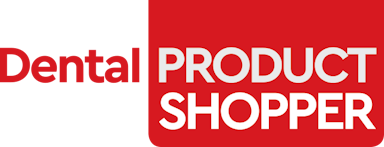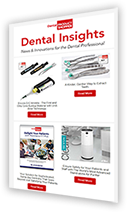 In the United States, 47.2% of adults have periodontal disease and up to 95% have gingival disease.1,2,3 Periodontal disease ranks 6th among the most prevalent disorders worldwide.4 The presence of subgingival and supragingival biofilm in a susceptible host causes active periodontal and gingival infections. The predominating bacteria in an oral biofilm are a combination of gram-positive and gram-negative facultative and obligate anaerobes. Hydrogen peroxide is an effective antimicrobial in the fight against oral disease because it is toxic to the organisms in a biofilm. This course presents the mechanism of action of hydrogen peroxide in a unique oral delivery system to aid in treatment regimens of inflammatory gingival and periodontal diseases.
In the United States, 47.2% of adults have periodontal disease and up to 95% have gingival disease.1,2,3 Periodontal disease ranks 6th among the most prevalent disorders worldwide.4 The presence of subgingival and supragingival biofilm in a susceptible host causes active periodontal and gingival infections. The predominating bacteria in an oral biofilm are a combination of gram-positive and gram-negative facultative and obligate anaerobes. Hydrogen peroxide is an effective antimicrobial in the fight against oral disease because it is toxic to the organisms in a biofilm. This course presents the mechanism of action of hydrogen peroxide in a unique oral delivery system to aid in treatment regimens of inflammatory gingival and periodontal diseases.
After completing this course, the participant will be able to:
- Recognize the mechanism of action of hydrogen peroxide in the human body.
- Describe the effects hydrogen peroxide has on facultative and obligate anaerobic bacteria that proliferate in the oral cavity during times of disease and inflammation.
- Identify gingival and periodontal disease risk factors and understand the benefits of at-home oral hygiene adjunctive aids.
- Explain the limitations of systemic antibiotics in the management and treatment of periodontal diseases and potential adverse effects.
- Recognize the oral applications of hydrogen peroxide in biofilm removal, wound healing, halitosis, and inflammatory reduction.
- List the three criteria required for an oral chemical agent to be effective in the fight against gingival and periodontal diseases.
- Incorporate 1.7% hydrogen peroxide gel (Perio Gel®, Dakota Pharmacy, QNT Anderson, Bismarck, ND, USA) in a labmade custom fabricated prescription tray (Perio Tray®, Perio Protect LLC, St. Louis, MO, USA) in patient treatment to reduce biofilm and inflammation before, during, and after active periodontal therapy.




